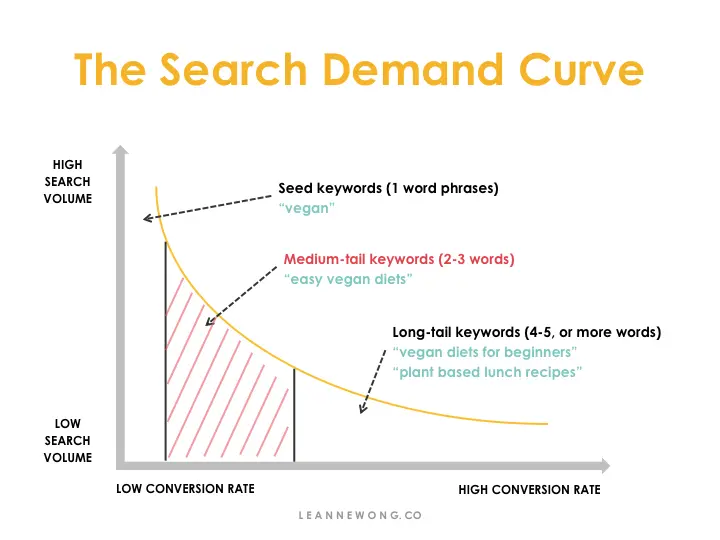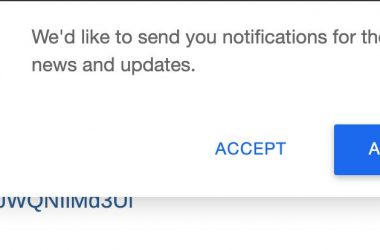Keywords research is an important element in SEO strategy for your website. In general, keywords can tell briefly about a website and the content that they produce. To have a good SEO strategy, you want the keywords you use to be highly relevant to the keywords people use in Google searches. Searchers use keywords to find solutions online, so if your content is successful in reaching your target audience then you’ll definitely gain more traffic to your website. It’s important to keep in mind that we don’t create content around what we want to convey to people, we should create content around what people want to know. Read on to find out more about choosing the right keywords for SEO!
What are short tail and long tail keywords?
Short tail keywords are keywords that only have one or two words. For example, “cat” can be a short-tail keyword. While they tend to have high search volume, they can be very competitive meaning that it will be hard to rank them well. Thus, people don’t usually use short-tail keywords when optimising websites. With that said, you can utilise short tail keywords sparingly if your business has been implementing SEO strategies for a long time. Long tail keywords contain, as the name suggests, more than 3 independent words. For instance, “best cat breeds for first-time owners” is a long tail keyword. These keywords have lower search volume, but it has much less competition compared to short tail keywords. What’s more, long tail keywords have a clearer intention, therefore, reaching the visitors with specific words more efficiently.
How to choose the right keywords using online tools?
Selecting the right keywords is a crucial first step when you’re implementing SEO strategies for your webpage. If you are already using Google Ads for your campaigns, you can use Google’s Keyword Planner to pull data straight from Google Ads. Google Keyword Planner will also suggest keywords based on the content on your website which can be helpful when you begging to do keyword research. If you don’t have Google Ads campaigns, then you can utilise other keyword research tools for keyword research. We recommend you use a combination of these research tools to obtain the best SEO keywords for your website.
Check the monthly search volume (MSV) for the chosen keywords
As mentioned previously, you want to write content around what people want to discover, and doing MSV can help you do just that. Monthly search volume can help you identify the number of times a keyword is entered into search engines each month. You can use tools like searchvolume.io or Google Trends to find out the trending relevant topics and how these keywords change over time.
Incorporate your keywords into your SEO strategy
Once you’ve finished doing keyword research and have chosen the right keyword, you should incorporate them into your website. You can put your keywords into the following:
- In the title of the webpage
- In the URL
- Throughout the webpage
- In the meta tags and meta descriptions
- In image alt text
Do also keep in mind that keyword relevance is far more important than keyword density when optimising your website!
As a business, you need to decide which keywords are most relevant and effective to your website as well as your target audience. We recommend getting the experts involved in helping your business choose the right long and short-term keywords. After all, an effective keyword strategy can help you succeed in the long run. If you’re looking for more information regarding keyword research or are in need of SEO strategies support, SEO Sydney is here to help! Feel free to contact us for a consultation, and visit our site for more information on what we do.



